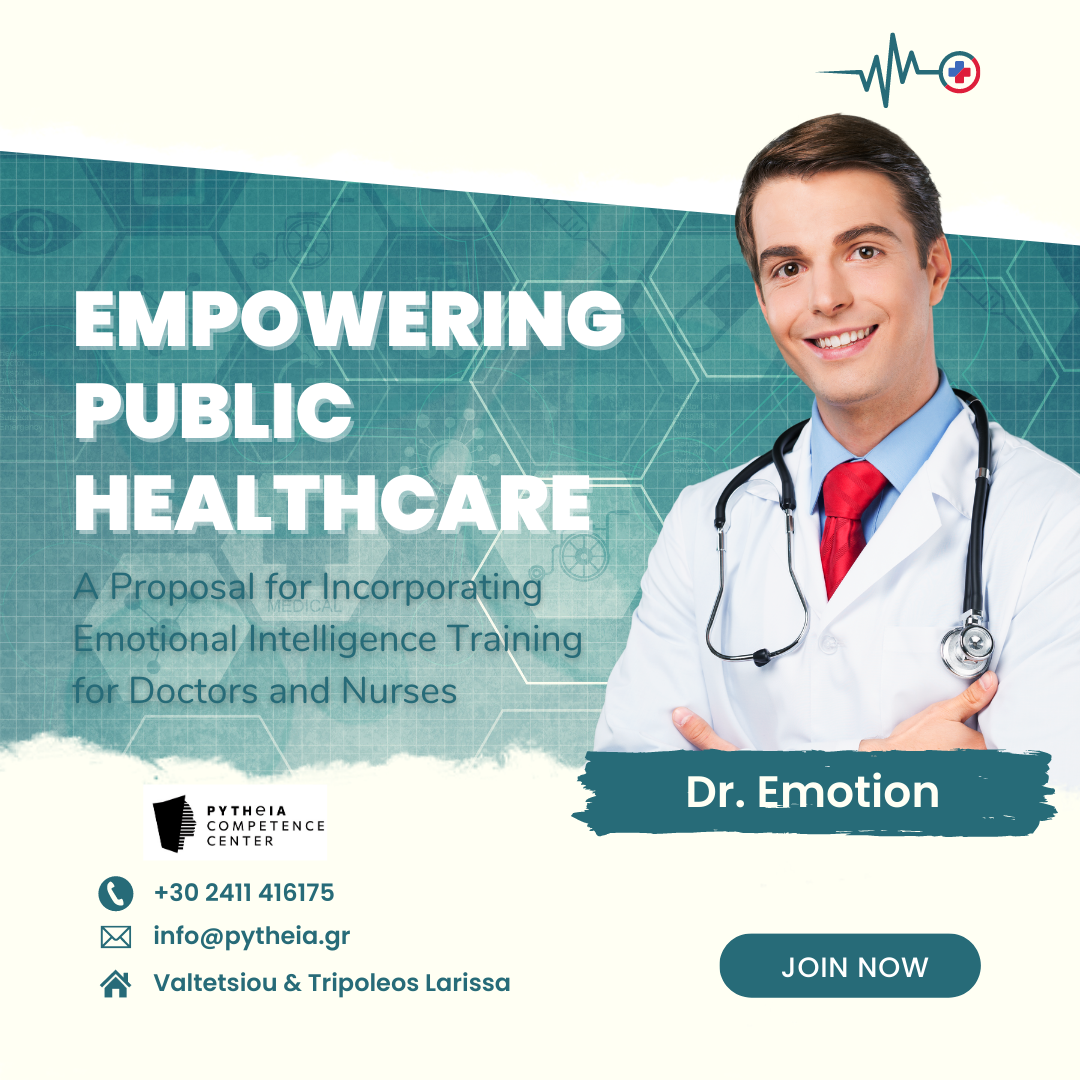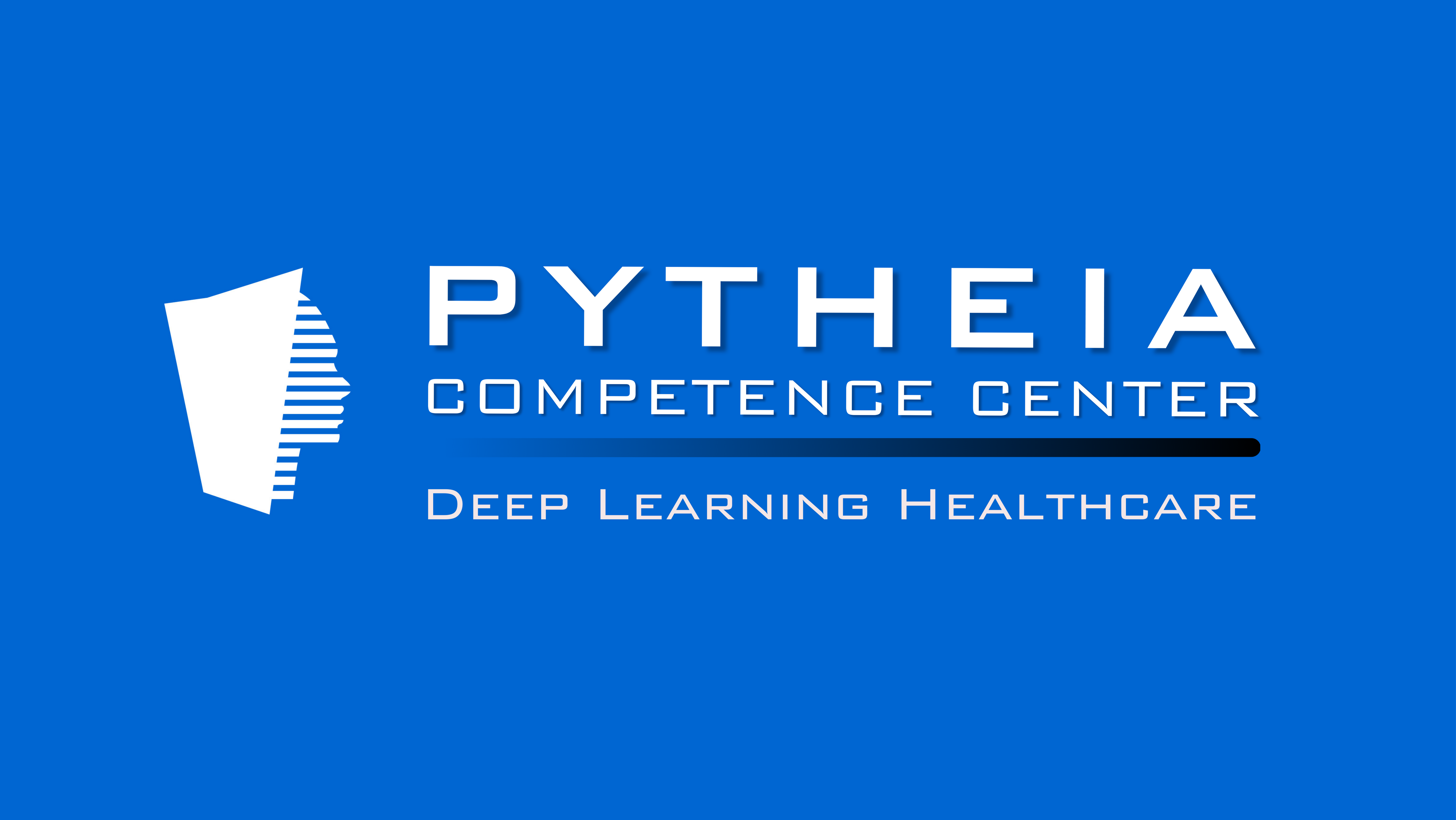Emotional intelligence, also known as emotional quotient (EQ), refers to the ability to recognize, understand, and manage one’s own emotions. As well as the emotions of others. It includes the ability to perceive emotions, integrate emotions into thought, understand emotions, and manage emotions.
Examples of emotional intelligence in action include: A manager who is able to understand and respond to the emotions of their employees, or a teacher who is able to create a positive classroom environment. By recognizing and addressing the emotional needs of their students.
In recent years, there have been developments in the use of artificial intelligence (AI) to measure and improve emotional intelligence. One example is the use of AI-powered virtual agents, This can be used to simulate emotional interactions and provide feedback on an individual’s emotional intelligence. Another example is the use of machine learning algorithms. To analyze large amounts of data on emotional expressions, which can be used to improve emotional recognition and understanding.
Emotional intelligence is a valuable skill that can help individuals to succeed in a wide range of personal and professional settings. It is increasingly being recognized as an important part of overall intelligence and is something that can be developed and improved through training and practice. With the advances in AI, new methodologies are being developed to help people. Help developing emotional intelligence skills, making it more accessible to a wider audience.

Emotional intelligence (EQ) is especially important for doctors,
As they are often responsible for managing the emotions of both themselves and their patients. A doctor with high EQ is better equipped to understand and empathize with their patients. This can lead to better communication and more effective treatment. Additionally, a doctor with high EQ may be better able to manage their own emotions in high-stress situations. This can help to prevent burnout.
One way that doctors can improve their EQ is through empathy training. Which can help them to better understand the emotions of their patients. This can be done through role-playing exercises. Where doctors practice listening and responding to patients’ emotions, or through reading and discussing case studies that focus on emotional intelligence.
Another way to improve EQ for doctors is through mindfulness and stress-management techniques. Mindfulness practices such as meditation and yoga can help doctors to be more present and aware of their emotions,. While stress management techniques such as time management and relaxation exercises can help doctors to manage the emotions. That can come with the high-stress nature of their work.
Additionally, with the rise of telemedicine and virtual consultations, AI-powered virtual agents can also be used to simulate emotional interactions. Interactions between doctors and patients, providing valuable feedback to doctors on their emotional intelligence and communication skills. This could be a way to improve the EQ of doctors and also help them to avoid burnout.
Emotional intelligence is an important aspect of a doctor’s work and it can have a significant impact on the doctor-patient relationship. By utilizing empathy training, mindfulness, stress management techniques, and AI-powered virtual agents, doctors can improve their EQ and reduce their risk of burnout. Improving EQ can lead to better communication, improved treatment, and increased patient satisfaction.
Emotional intelligence is important for public healthcare systems
as it can have a significant impact on the quality of care that patients receive. A healthcare system that is able to effectively manage the emotional intelligence of its doctors and nurses can lead to improved communication, better patient outcomes, and increased patient satisfaction.
One way that a public healthcare system can manage the emotional intelligence of its doctors and nurses is by providing training and resources to help them develop their EQ. This can include empathy training, mindfulness and stress-management techniques, and AI-powered virtual agents for emotional recognition and understanding.
Additionally, a public healthcare system can also take steps to support its doctors and nurses in managing the emotional demands of their work. This can include providing access to mental health services, such as counseling and therapy, and promoting a culture of self-care and self-compassion.
It’s also important to note that a public healthcare system that prioritizes emotional intelligence can also help to mitigate the effects of burnout on the healthcare workforce. High rates of burnout among healthcare professionals can lead to decreased job satisfaction, increased turnover, and poor patient outcomes. By providing support and resources to help healthcare professionals manage the emotional demands of their work, a public healthcare system can help to prevent burnout and promote a healthy and sustainable workforce.
In summary, emotional intelligence is important for public healthcare systems as it can have a significant impact on the quality of care that patients receive. By providing training, resources and support for healthcare professionals, public healthcare systems can help to improve communication, better patient outcomes, and increased patient satisfaction, as well as mitigate the effects of burnout on the healthcare workforce.

Empathy training, mindfulness and stress-management techniques, and AI-powered virtual agents. All for emotional recognition and understanding
Empathy training is a type of training that helps individuals, such as doctors and nurses. To better understand and respond to the emotions of others. This can include role-playing exercises, where healthcare professionals practice listening and responding to patients’ emotions. Or through reading and discussing case studies that focus on emotional intelligence. The goal of empathy training is to improve the ability of healthcare professionals to understand and connect with their patients on an emotional level. Can lead to better communication and more effective treatment.
Mindfulness and stress-management techniques are methods that can help healthcare professionals to manage their own emotions and reduce stress. Mindfulness practices such as meditation and yoga can help healthcare professionals to be more present and aware of their emotions.
Stress management techniques can help to manage the emotions that can come with the high-stress nature of their work. Such as time management and relaxation exercises
AI-powered virtual agents can also be used to simulate emotional interactions. Between healthcare professionals and patients, providing valuable feedback to healthcare professionals on their emotional intelligence and communication skills. This type of technology can recognize and analyze facial expressions, tone of voice, and other nonverbal cues. As the result is to provide insight into the emotions being expressed. This can help healthcare professionals to improve their emotional recognition. of course as well as improve their communication skills.
Empathy training, mindfulness and stress-management techniques, and AI-powered virtual agents .Are all methodologies that can be used to help healthcare professionals. Improve their emotional intelligence and communication skills, which can lead to better patient outcomes and increased patient satisfaction.

Propose that public healthcare systems incorporate a comprehensive emotional intelligence training program
Based on the information provided,
I propose that public healthcare systems incorporate a comprehensive emotional intelligence training program for their doctors and nurses.
This program should include the following components:
- Empathy training: This should involve role-playing exercises, case studies, and other techniques. This help healthcare professionals understand and respond to the emotions of their patients.
- Mindfulness and stress-management training: Healthcare professionals should be provided with resources and training to help them manage their own emotions and reduce stress.
- AI-powered virtual agents for emotional recognition and understanding: These tools can provide valuable feedback to healthcare professionals on their emotional intelligence and communication skills. Helping them to improve their ability to recognize and respond to the emotions of their patients.
- Mental health support and a culture of self-care: Public healthcare systems should provide access to mental health services and promote a culture of self-care and self-compassion. To support the emotional well-being of their healthcare professionals.
- Regular assessments: The progress of the healthcare professionals. In these trainings should be regularly assessed and feedback should be provided to help them improve continuously.
This program should be mandatory and regular for all healthcare professionals in the system, as it will have a significant positive impact on the quality of care provided to patients. And positive impact on the communication and patient satisfaction. As well as mitigate the effects of burnout on the healthcare workforce.
Innovation Manager
Pytheia Competence Center






